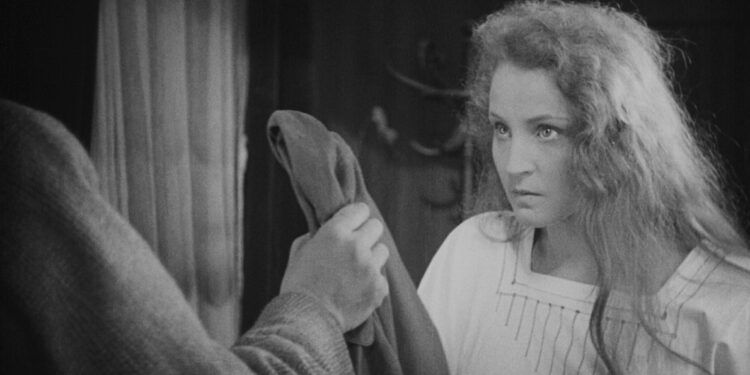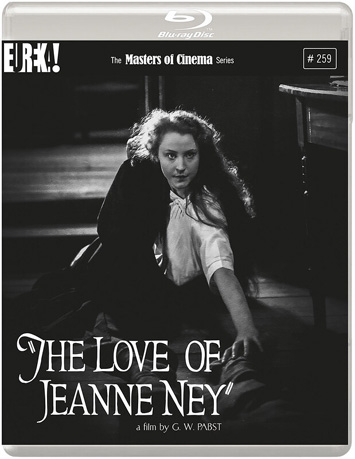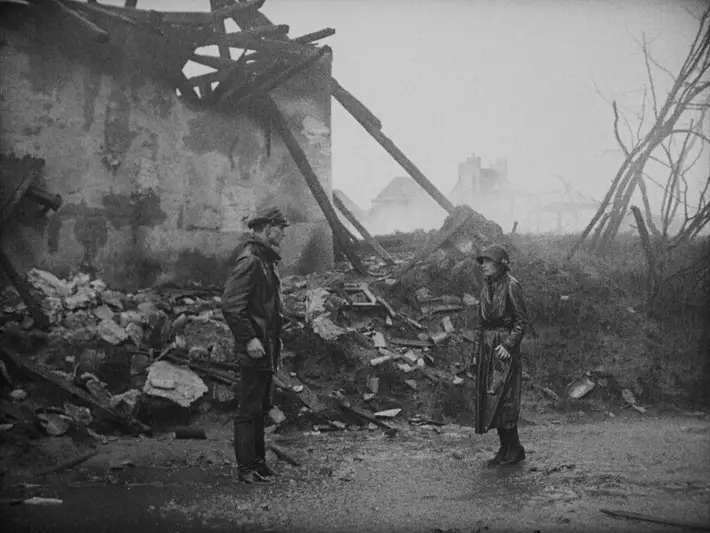The Love of Jeanne Ney (1927) – Film Review

Director: G.W. Pabst
Cast: Edith Jehane, Uno Henning, Fritz Rasp
Certificate: PG
By Sarah Morgan
The list of landmark German silent movies is almost endless. From The Golem to The Cabinet of Dr Caligari, and Metropolis to People on a Sunday, many of them broke new ground and remain influential today.
 Some of those behind the camera made successful moves Hollywood, helping to immortalise their names in movie history; G.W. Pabst was not one of them.
Some of those behind the camera made successful moves Hollywood, helping to immortalise their names in movie history; G.W. Pabst was not one of them.
“Scheming”
The Austrian-born director made A Modern Hero in the US in 1934, but while visiting his mother in France, his plans to emigrate permanently were scuppered by the Nazis. So, unlike Billy Wilder and others who fled the regime, he was trapped and later vilified for making two films – The Comedians and Paracelsus – under the auspices of propaganda minister Josef Goebbels.
Pabst is now best known for directing Pandora’s Box, which turned Louise Brooks into an international star, and the Greta Garbo vehicle The Joyless Street.
In between those films he took charge of The Love of Jeanne Ney, an adaptation of a novel by Soviet writer Ilya Ehrenburg and set just a decade earlier than that in which the film was made.
The now largely forgotten French actress Edith Jehanne plays Jeanne, whose father, a diplomat and political observer, is assassinated while stationed in post-revolutionary Russia.
She returns to their native Paris where her greedy detective uncle reluctantly gives her a home and a job. Jeanne has been followed to the city by two men – the scheming, evil Khalibiev and her Bolshevik lover Andreas.
“Stylish”
While Khalibiev plots a way to get his hands on a diamond in her uncle’s possession, Jeanne and Andreas are reunited – but could be torn apart by the dastardly machinations of their arch enemy.
Although the undoubtedly beautiful Jehanne is the lead, she is overshadowed by Brigitte Helm (who later starred in the aforementioned Metropolis), who delivers a sensitive, heartbreaking performance as Jeanne’s blind cousin Gabrielle, who falls for Khalibiev’s ‘charms’.
He’s played by Fritz Rasp as an almost rat-like individual. Audiences today might scoff at his pantomime villain-style take on the role, but at least it makes him more interesting than Jeanne and Andreas (Uno Henning), the somewhat saccharine lovers at the centre of the story.
Pabst’s aim was to mix Hollywood melodrama with the then-cutting-edge montage techniques pioneered in Russian cinema as well as features from Germany’s own Expressionist movement. The result could have been a messy mish-mash, but is actually a stylish, beautifully shot work that deserves to be ranked among the best movies of its era.










